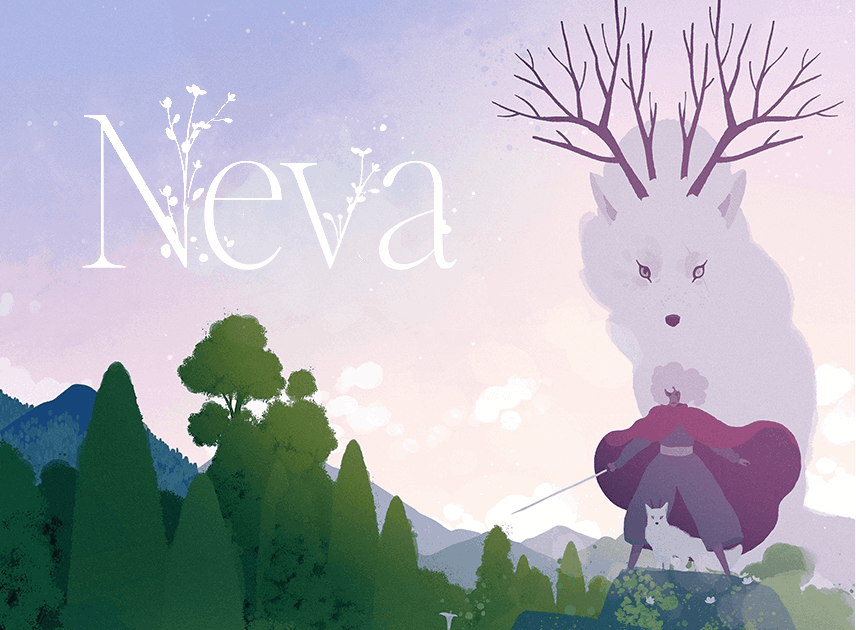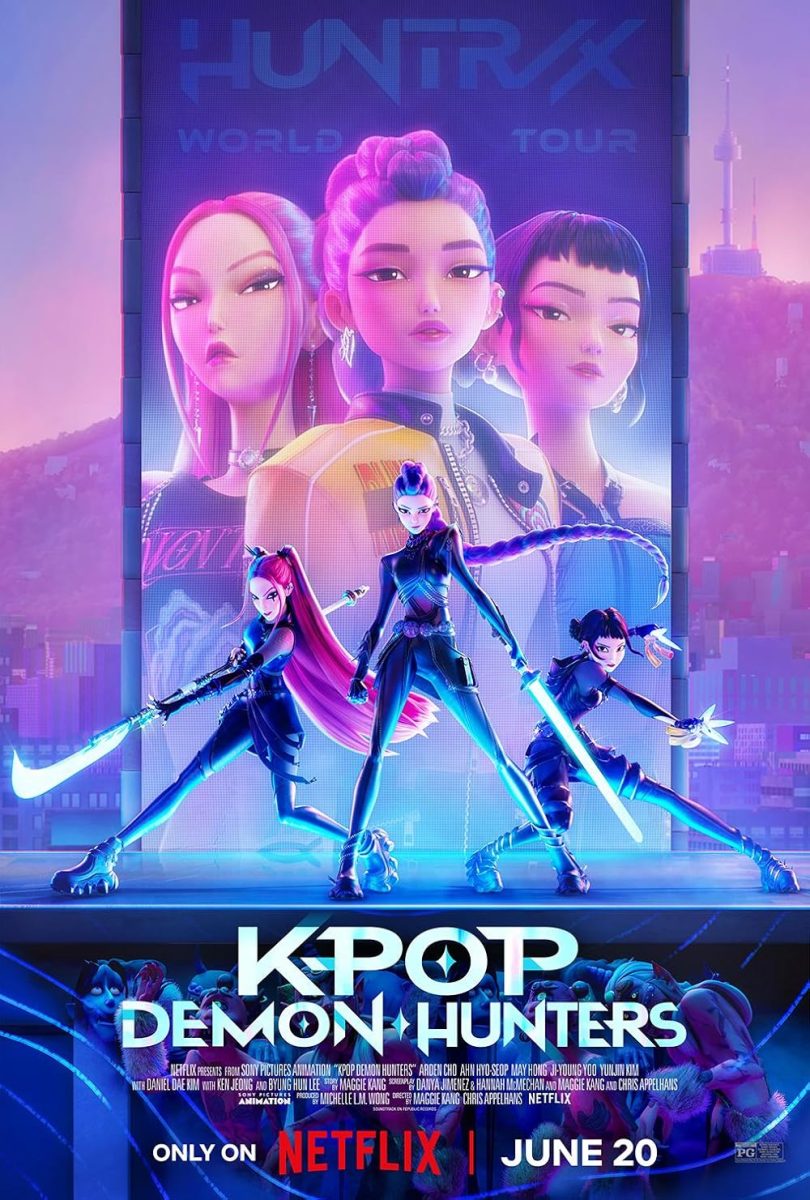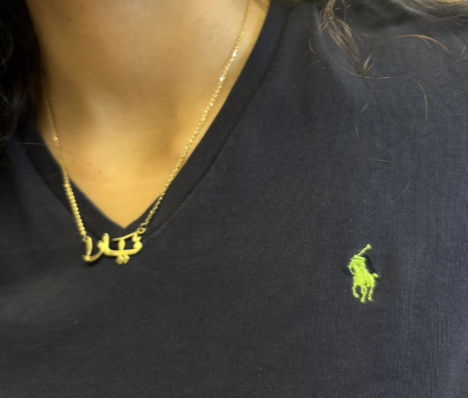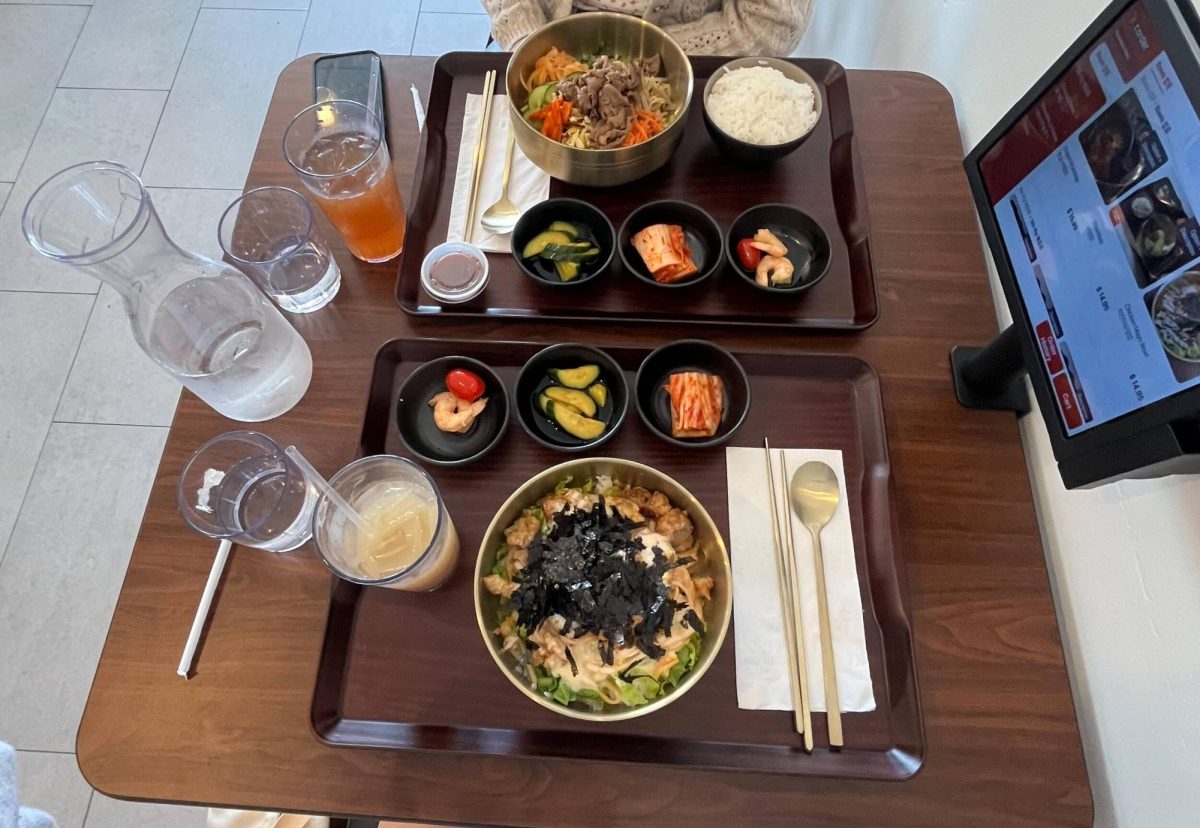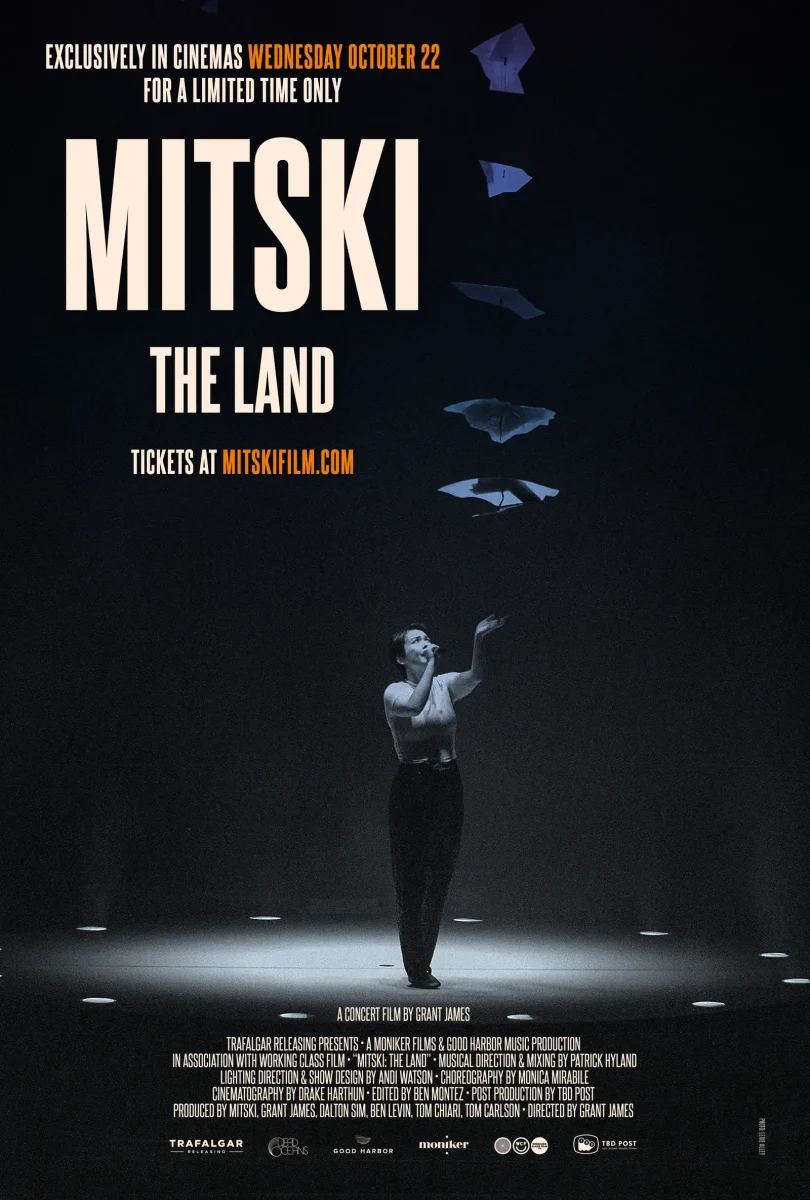A few weeks ago, I was browsing the recent releases page on Steam for a game to review when I stumbled upon the icon of a beautifully painted wolf for a game called Neva. The game immediately caught my attention, and since I needed something for this article—and it was only 20 dollars—I bought it on the spot. To my pleasant surprise, Neva has made a huge impression on both me and the many others who have played it.
The game opens with a masterfully painted backdrop and a beautifully animated sequence of a bird in flight. Suddenly, mid-air, the bird freezes and falls to the ground. When it lands, dark flowers sprout from its body, and the area around it is sucked of life. Our characters, Alba and Neva (who is just a cub), rush over with Neva’s mother—a much larger version of Neva—to aid the bird, but it’s too late. More birds begin dropping from the sky, reminding me of those apocalyptic conspiracies from 2011.
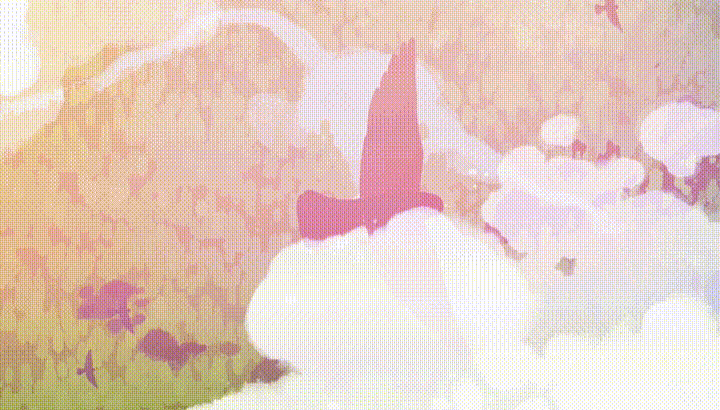
The camera then pans to reveal a looming darkness rushing over the hill toward our protagonists. A short battle erupts, and Alba is knocked to the ground. Neva hides off-screen while her mother continues to fight but is slowly consumed by the dark cloud. Black, claw-like arms reach out and drag her down. When Alba wakes up, Neva’s mother is lying dead in the grass. As she mourns, Neva slowly approaches you, now terrified and orphaned, relying entirely on you for her survival.
After that, you wander through some of the most visually appealing landscapes I’ve ever seen in a video game. The world is glowing with life, with fantastical trees and animals all around. But as you progress, you enter a darker, more gloomy forest. The deeper you go, the more creatures of the darkness begin to appear.
The enemies start out simple, but as the game progresses, they grow stronger, more complex, and eventually, downright terrifying. Many of the bosses reappear as common enemies later in the game too, and almost all of the enemies you encounter need to be outsmarted. This isn’t a hack-and-slash game where you mow down enemies just for fun.
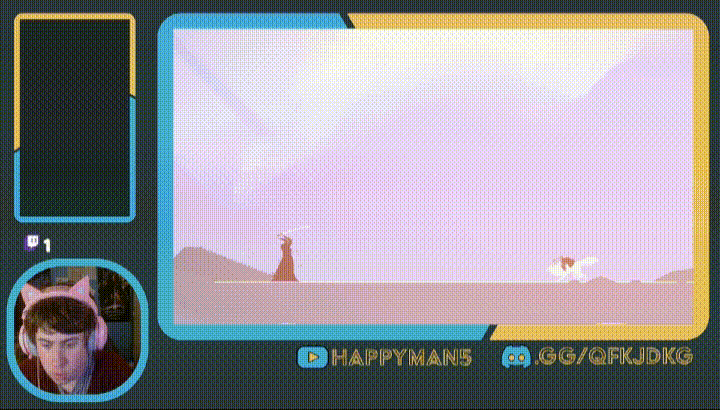
The combat is light and straightforward: move, dodge/roll, attack, and ground pound. There’s no parry system, no fancy combos or magical abilities—just a girl, her sword, and her dog. But the simplicity of the combat and the complexity of the enemies turns every encounter into its own mini puzzle. They’re never too difficult but they do work your brain.
One memorable enemy type I’ve dubbed “Block Boys”(since as far as I can see the enemies have no names), attacks you with the game’s own landscape. These guys get a gigantic block attached to their head. They’ll fall from above, detaching themselves from the existing landscape and structures when you least expect them, crushing you when they land. Then they can get back up, and ram and crush you with the block. Figuring out the strategy to fight them felt unique and interesting, I haven’t seen a game do something like this before, and it was very refreshing.
Speaking of puzzles, the game is absolutely filled with them. I can’t think of a single moment where I wasn’t using my brain, whether it was during an intense battle, or just navigating the terrain, each part felt unique yet familiar, which I later learned was the developers intention, no puzzle is repeated twice.
I’m used to playing some more “hardcore” puzzle games. I’ve even taken a shot at finding all the Riddler trophies in the Arkham games, but the puzzles in Neva are just the right level of challenge to keep me engaged and excited, while not being too difficult for non puzzlers.
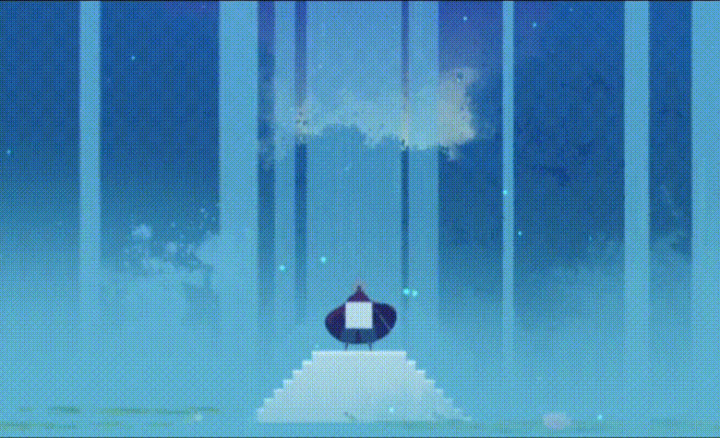
Moving on to the whole meaning of the game, the Creative Director, Conrad Roset describes the dynamic between Alba and Neva as: “First you protect, then you are protected. Ultimately, it’s a metaphor of your life. Your parents protect you, then you have children, you protect them, and then they’ll protect you when you’re older.” Even though I didn’t fully realize it while playing, the intentions of the game really hit me, especially after hearing this.
Neva links each stage of life to a Season of the earth, and Neva the wolf grows each season, getting larger and stronger. By winter, she meets a male wolf, and just before the final boss, you see them “kiss” before they both disappear for the rest of the next level. Watching Neva grow felt like watching my little baby girl mature into a strong, independent wolf. She found love, became self-reliant, and eventually started protecting me. While I’m not a parent yet, the game resonated with me deeply, especially as I’ve watched my grandparents’ health decline and my parents begin focusing on caring for them. Neva definitely delivers that message the developers wanted.
Speaking of the end of the game, I wanted to talk about it, because I do not cry often, but the way this game’s ending pulled on my heart had me SOBBING for at least half an hour.
After beating the final boss at the end of Winter, you’re placed back in the normal world, now playing as Alba in the Spring. Neva has grown up and has her own cub. The cinematic that soon follows is nearly identical to the opening one, and at first, I thought the game had reset. But instead of Neva and her mother, I notice it’s Neva and her cub. As the bird flies, falls, and black flowers bloom again, suddenly the Darkness returns, sweeping over the hill. Alba is thrown aside, unconscious, just like in the beginning and the massive blob of Darkness surrounds and attacks Neva, just as it had surrounded her mother. Neva is now locked in an epic battle with this darkness identical to the one her mother perished in.
At this point, I’m in tears, my heart is racing. I know what’s coming, and I’m praying it doesn’t happen. But it does…
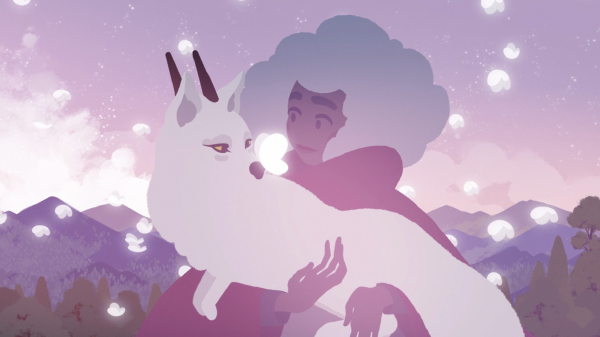
The scene finally deviates from the opening cinematic. The Darkness suddenly morphs into the final boss, looking more furious than ever, and stabs Neva straight through the chest. Suddenly, Neva’s cub attacks, and together, he and Neva let out one final howl, magically transforming the Darkness and the boss into a beautiful tree. But Neva still collapses—she’s gone. Nevas Cub mimics the actions of Neva from the beginning of the game, and when Alba awakens, her reaction mirrors the grief she felt for Neva’s mother, and I found myself sobbing right alongside her. After spending nearly 5 hours with this wolf, seeing her grow up, to have her ripped away from me was truly heart wrenching. Neva’s body suddenly transforms into a thousand butterflies, and at long last, the world is free of Darkness, the credits roll and I’m left with a bittersweet ending to the game.
The final thing I want to talk about is the music. Without its gorgeously crafted soundtrack, Neva wouldn’t be half as impactful. Since the game has almost no dialogue—except for Alba occasionally calling Neva’s name—the music becomes more than just a tool for conveying emotion; it becomes essential. The beautifully orchestrated piano, violins, and chorus that accompany you throughout the game don’t just help you understand each moment—they make you feel it.
The ending in particular I think will stick with me for a while, and when I was doing research for the game, I found out Nomada Studio has made another game, one that came before Neva, Gris. Instead of parenthood it takes you through the 5 stages of grief, and after playing Neva, I’m honestly super excited to play Gris next, and hopefully more “Deep Meaning” titles by Nomada in the future.
Sources:
(All Images and GIFs were captured by me in my personal Copy of Neva)



